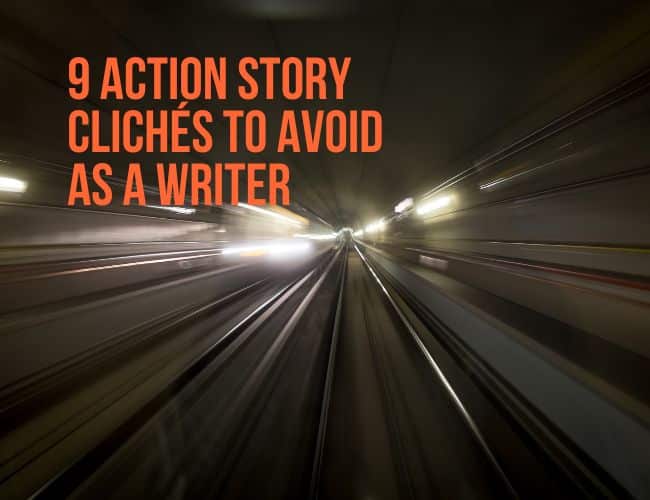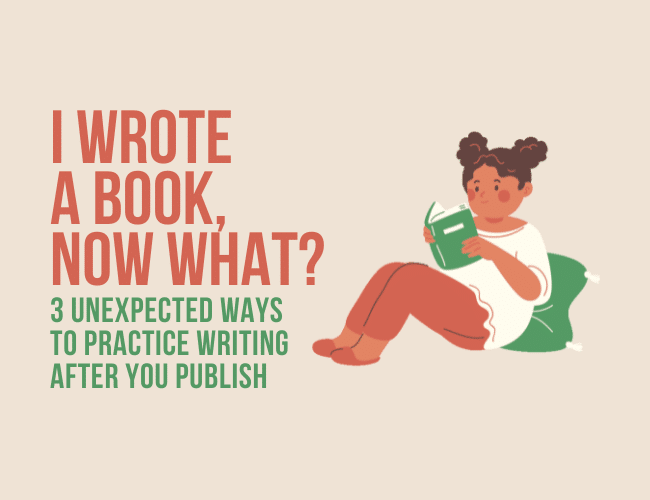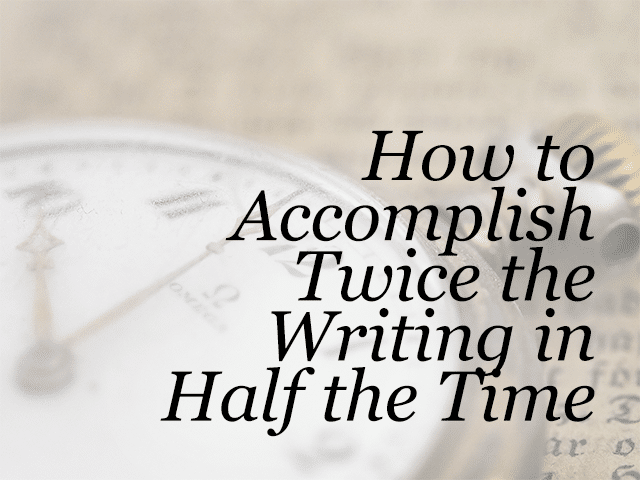
by Guest Blogger |
The use of AI has prompted a discussion about how we develop writing from story ideas to various types of content—even research papers.
But can AI help writers craft compelling stories?

by Guest Blogger |
Writing an action story or screenplay can be a lot of fun. There’s something exhilarating about writing fast-paced action sequences filled with excitement and suspense.
However, it’s important to avoid common clichés—overused ideas or stereotypes lacking original thought—if you want your story to stand out. In this article, we will take a look at 9 clichés to avoid when you are writing an action story or movie!

by Guest Blogger |
Congrats, you wrote a book and launched it! It’s on to the next book. But maybe you’re feeling tired. As for writing a whole book, you need a break. Maybe you’re thinking, “I wrote a book. Now what?”
But can you take a break and still practice writing, if you’re not writing?
Yes, you can! By taking a different, brief and temporary, writing approach.
In this post, I’ll share how focusing on 3 R’s—Reviews, Reading Panels and Residencies—can help you develop your writing platform in new and unexpected ways.

by Guest Blogger |
Many writers struggle with time management, but I’ve taken this dilemma to a whole, new level. In this post I want to talk about how I’ve learned to accomplish twice the writing in half the time.
Some writers have a set schedule. They work the same time every day.
Lucky them.
Others, do not. They sneak in their pages through tiny chunks of time — five minutes here, another 15 minutes there.
Nothing wrong with that, either. Just try to be consistent.
Here’s an interesting fact I’ve recently discovered about myself. In talking to others, they’ve admitted they do this, too…




